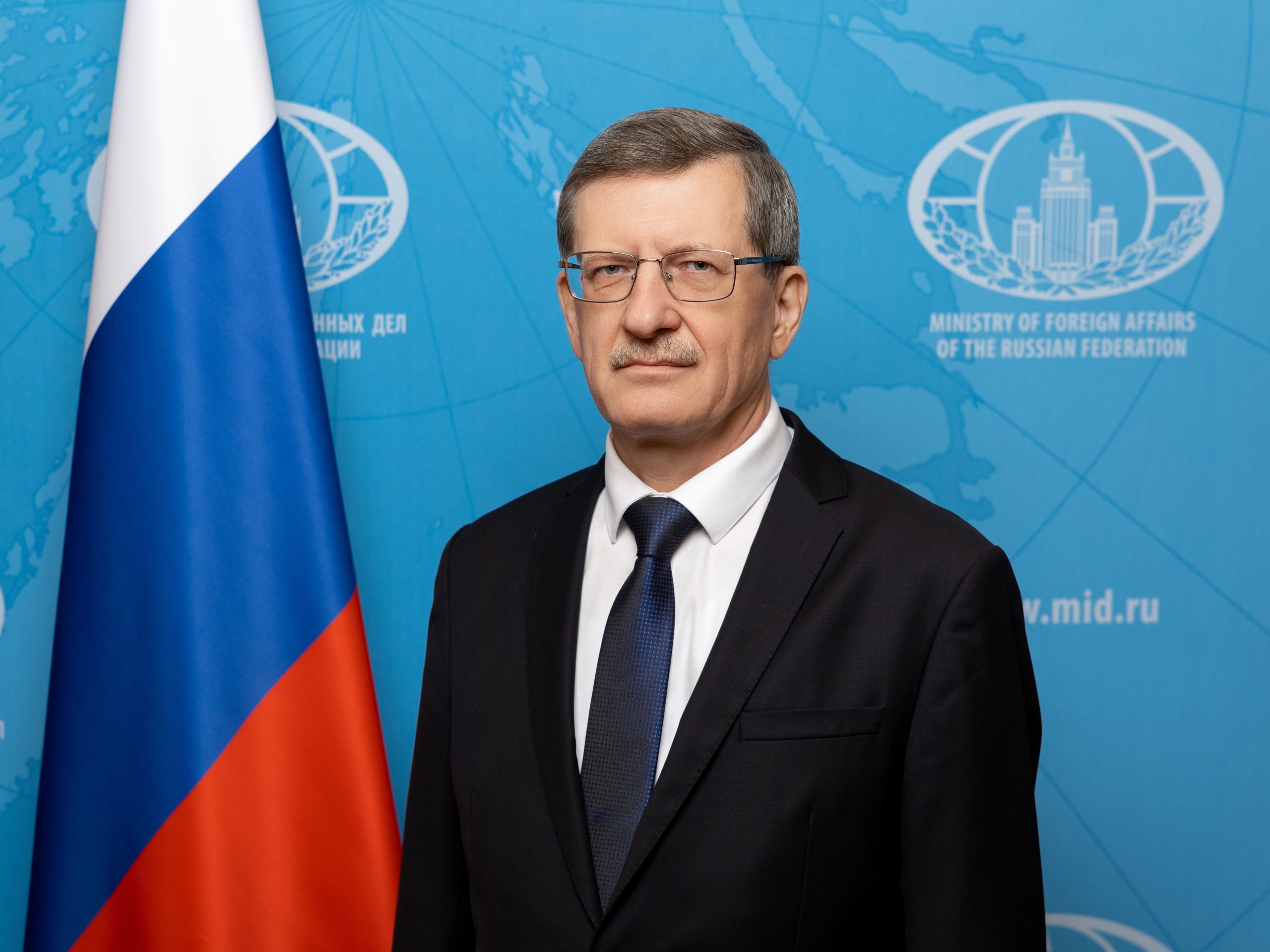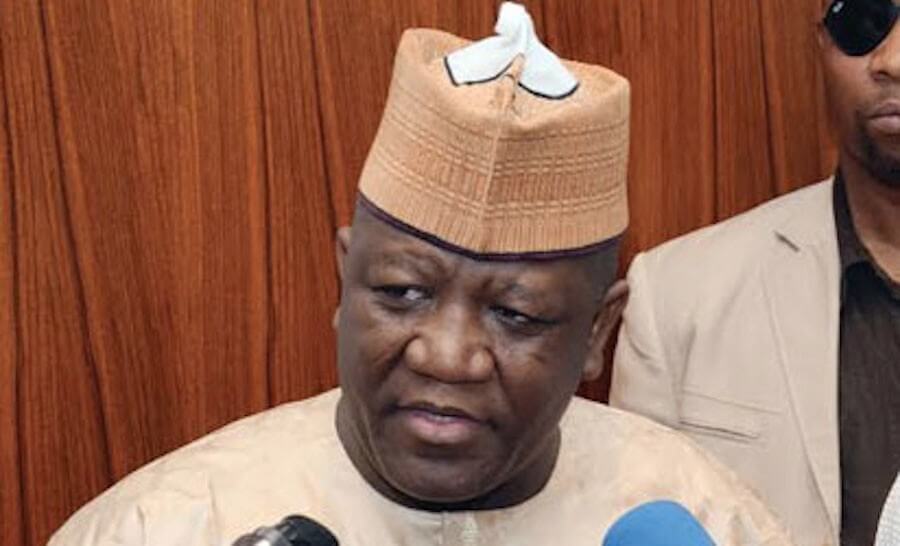
To bridge the huge food finance gap in Nigeria, regional and global level, the Vice President of Nigeria, Kashim Shettima, has called for the mobilization of key national and international stakeholders as well as the formal sectors to build a win-win partnerships that would catalyze transformative and substantial funding to achieve sustainable, resilient and inclusive food systems.
Shetima stated this at a high level side event at the United Nations Food Systems Stock-taking Moment Summit in Rome, Italy, organized by the federal government with support from the International Fund for Agriculture Development (IFAD)
The Vice President, who chaired a panel at the Nigeria High Level Event on the subject, ‘Innovative Finance for Food Systems Transformation, Case Study of Nigeria’s Value Chain Development Programme’ (VCDP) and ‘Special Agro-Industrial Processing Zones Programs’ (SAPZ), said that agricultural hubs will be created throughout the nation through the SAPZ and VCDP to increase production and value-added processing.
He emphasized that in line with Nigeria Food Systems Transformation Pathways, federal government will continue to advance the mobilization of innovative financing to address key challenges to food systems priorities.
In his remark, President of IFAD, Mr. Alvaro Lario, noted that to stimulate private investment, there was need for governments and development agencies to lead the way with their own investments.
“We must also ensure these investments help small holders farmers increase their incomes, improve their access to markets, increase their production, build their resilience”, he added.
The President of Islamic Development Bank, Dr. Muhammad Al Jasser, and the President, African Development Bank, Dr. Akinwumi Adesina, who was represented by his Vice, Mrs. Hassatou N’Sele, reiterated their firm commitment to support Nigeria in achieving its development aspirations and implementing its future national development plans.
A panelist at the event, Mr. Reji George, who is the Vice-President of Olam, a private partner of IFAD-supported VCDP, stated that the partnership agreement between VCDP and Olam under the Commodity Alliance Forum (CAF), provides small holder rice farmers access to a reliable and profitable market for their produce, and in turn, stimulates productive investments at the farm level.
The partnership involved commitments from Olam, IFAD, the Nigerian government and the farmers, individually and collective.
Vice President of Commodity Alliance Forum, Mrs. Ejim Lovelyn, representing farmers, noted that CAF was an outstanding case of Public/Private/Producers Partnership (4Ps) of the VCDP, adding that through VCDP, smallholder farmers contribute to finance priority actions for food system transformation and there are benefit from value chain financing provided by the private sector while also growing their sales and their productivity.
Two case studies were presented with a high-level panel discussion to showcase two innovative finance models aimed at transforming Nigeria’s food system. First, the Special Agro-Industrial Processing Zones (SAPZ) programme launched in 2022 at the cost of $521 million. It was aimed at promoting inclusive agribusiness development and rural transformation by establishing agricultural-specific economic zones.
A communique signed by IFAD VCDP Knowledge Management and Communications Advisor, Mrs. Vera Onyeaka-Onyilo, listed recommendations by stakeholders to include the need for governments to develop a vision with the right policies, strategies and enabling environment to stimulate innovative food investments by all actors. This they said, was to ensure an accelerated and coordinated implementation of the National Pathways for Food System Transformation.
They also called on the private sector to scale up their innovative investments to support countries priorities on food systems, adding that all actors (government, private sector, farmers’ organizations, international development partners) must integrate social, environmental and health costs in their funding decisions.
“International development partners should foster Public-Private-Producer Partnerships (4Ps) to build an ambitious shared vision of a Food Finance Architecture that mobilizes large scale capital for more sustainable food systems.
“Support smallholder farmers to have better access to agro inputs, training, technology, innovative finance, climate resilience, fair and remunerative markets to boost their contribution to sustainable food systems.”
The stakeholders added that Nigerian government also need to leverage the sub- regional, regional and global partnerships to support the implementation of Nigeria Food Systems Transformation Pathways and SDGs for sustainable food systems.






